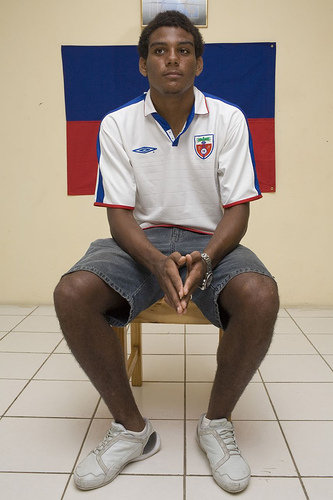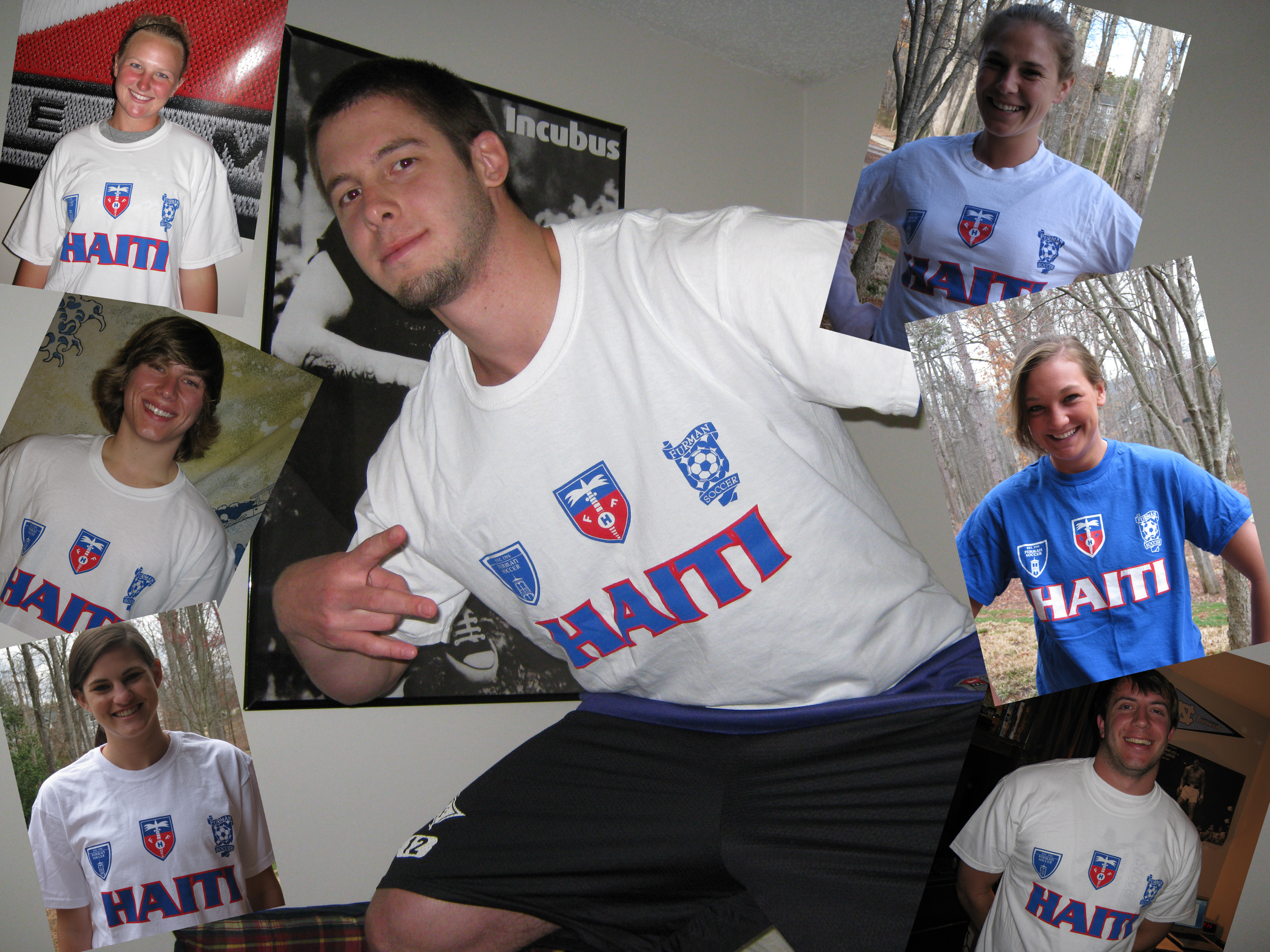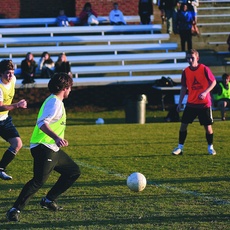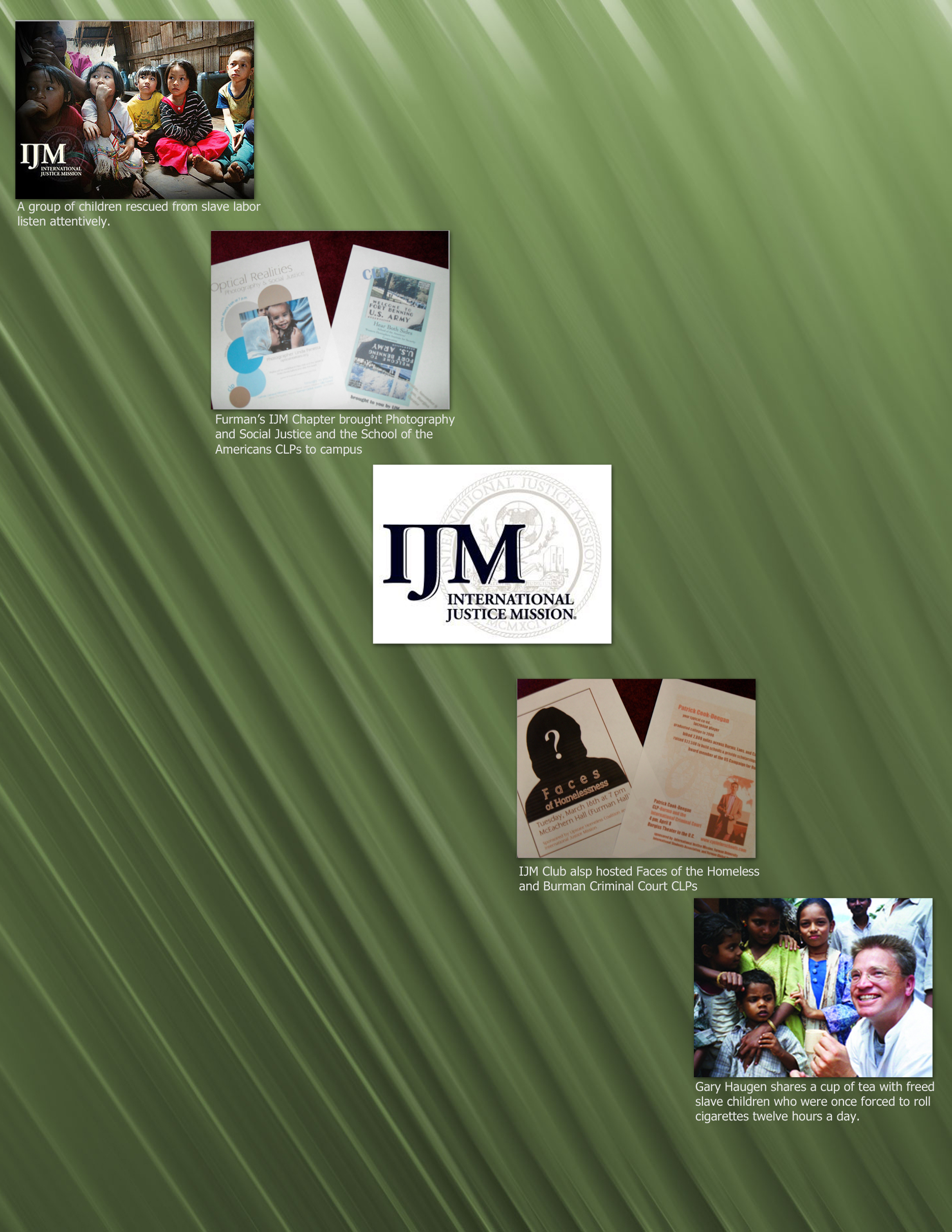
In my last post, I introduced Fabien Vorbe. All my previous posts have all dealt with professional athletes contributing to the relief efforts in Haiti; however, Fabien’s story allowed me to get an inside view from someone who was directly affected by the earthquake.
Although we are not professional athletes here at Furman, we did more than enough to help one of our fellow mates. On January 22, 2010, Furman held a soccer tournament that included all the athletic teams’ girls and boys, as well as coaches and staff.
Overall, Fabien informed me that the tournament raised nearly $15,000 for him and his family. Through all the trials and tribulations he and his family have faced over the past couple months, Fabien still puts himself second behind all those who were injured or killed by the earthquake.
He informed me that his immediate family and relatives are safe and living at his uncle’s house that survived the quake. Fabien was very appreciative and grateful for the prayers and support from the Furman family.
Hopefully, with the relief efforts continuing to grow, Fabien, his family, and his beloved country can return to peace as soon as possible.
For more please check out my interview with Fabien.








